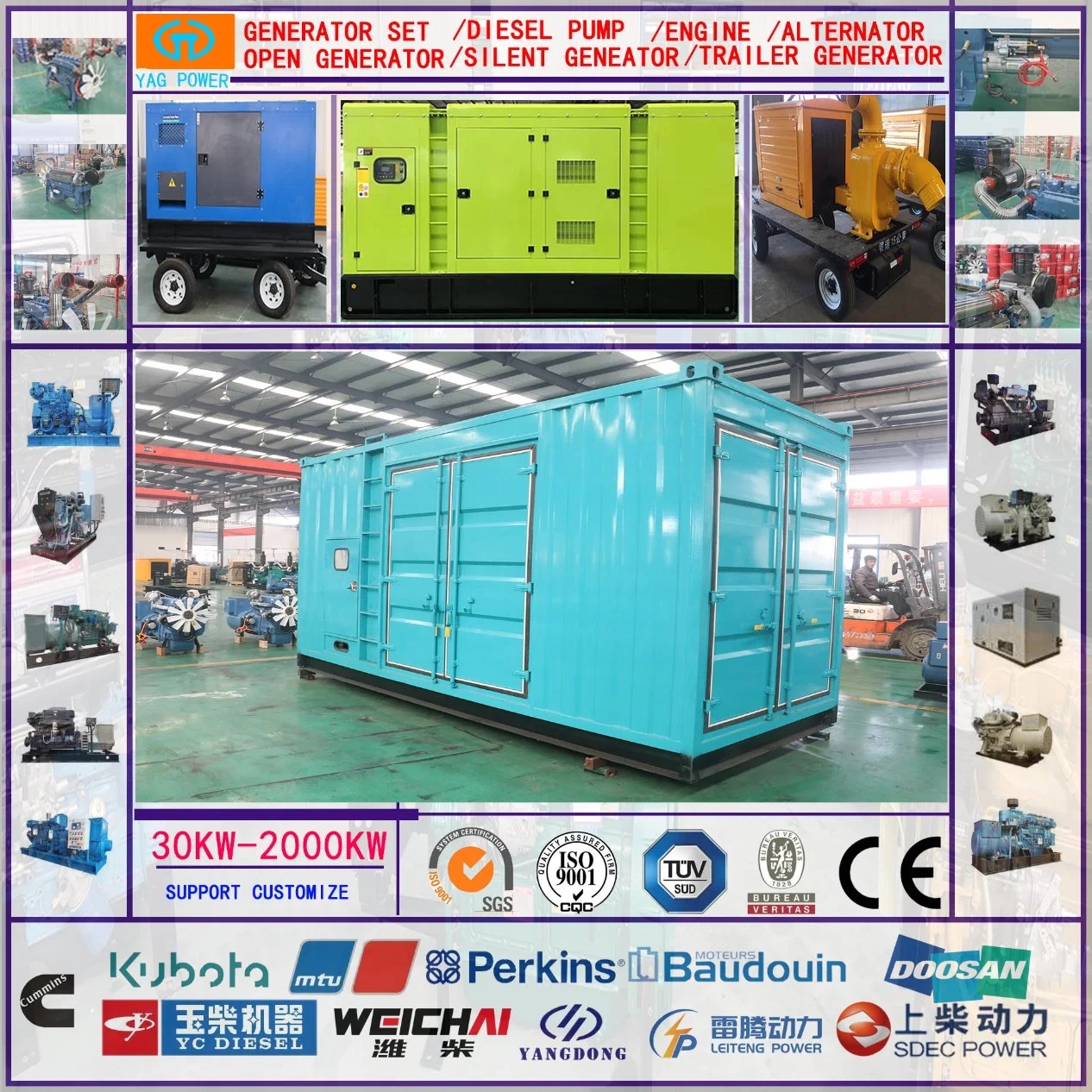Introduction
In remote areas where access to the main power grid is limited or non-existent, diesel generators play a crucial role in providing reliable and continuous power supply. These generators are designed to operate efficiently in off-grid locations, ensuring that essential services such as telecommunications, healthcare facilities, and remote communities have access to electricity. In this article, we will explore the various aspects of diesel generators for remote power supply, including their components, operation, maintenance, environmental impact, and best practices for their use.
Overview of Diesel Generators
Diesel generators are a type of backup power system that uses a diesel engine to generate electricity. They are commonly used in remote locations, construction sites, mining operations, and other environments where a reliable power supply is essential. Diesel generators consist of several key components, including the engine, alternator, fuel system, cooling system, and control panel.
The engine is the heart of the diesel generator and is responsible for converting the chemical energy in diesel fuel into mechanical energy. The alternator, also known as the generator, converts the mechanical energy produced by the engine into electrical energy. 75kw diesel generator for outdoor events supplies diesel fuel to the engine, while the cooling system helps regulate the engine's temperature during operation. The control panel monitors and controls the generator's operation, allowing users to start, stop, and adjust the power output as needed.
Operation of Diesel Generators
Diesel generators operate on the principle of internal combustion, where diesel fuel is injected into the engine's combustion chamber and ignited by compression. This process creates a controlled explosion that drives the engine's pistons, producing mechanical energy. The mechanical energy is then transferred to the alternator, where it is converted into electrical energy.
To start a diesel generator, the operator must first ensure that the fuel tank is filled with diesel fuel and that the engine has an adequate supply of coolant. The generator is then started using the control panel, which activates the engine's starter motor. Once the engine is running, the alternator begins generating electricity, which is then routed to the electrical load through the generator's output terminals.
Maintenance of Diesel Generators
Proper maintenance is essential to ensure the reliable operation of diesel generators in remote power supply applications. Regular maintenance tasks include checking the oil level, inspecting the fuel system for leaks, cleaning the air filter, and testing the battery. In addition, diesel generators should be serviced by a qualified technician at regular intervals to prevent breakdowns and ensure optimal performance.
One of the most critical maintenance tasks for diesel generators is changing the oil and oil filter regularly. Diesel engines operate at high temperatures and pressures, causing the oil to break down over time. Regular oil changes help prevent engine wear and extend the generator's service life. It is also important to inspect the fuel system for leaks and ensure that the fuel tank is free of contaminants that can damage the engine.
Environmental Impact of Diesel Generators
While diesel generators are a reliable source of power for remote locations, they also have environmental impacts that must be considered. Diesel engines produce emissions such as nitrogen oxides (NOx), particulate matter (PM), and carbon monoxide (CO) that contribute to air pollution and climate change. In addition, diesel fuel is derived from fossil fuels, making it a non-renewable energy source.
To mitigate the environmental impact of diesel generators, users can take several steps to reduce emissions and improve fuel efficiency. Using low-sulfur diesel fuel and installing emissions control devices such as diesel particulate filters can help reduce harmful emissions. In addition, implementing energy efficiency measures such as load shedding and optimizing generator sizing can minimize fuel consumption and greenhouse gas emissions.
Best Practices for Using Diesel Generators in Remote Power Supply
When using diesel generators for remote power supply, it is important to follow best practices to ensure safe and efficient operation. Some key best practices include:
1. Proper Sizing: Select a generator that is appropriately sized for the electrical load to avoid overloading the generator or running it at low loads, which can reduce fuel efficiency.
2. Regular Maintenance: Schedule regular maintenance tasks such as oil changes, filter replacements, and fuel system inspections to prevent breakdowns and ensure reliable operation.
3. Fuel Quality: Use high-quality diesel fuel that meets the generator manufacturer's specifications to prevent engine damage and ensure optimal performance.

4. Monitoring and Control: Install monitoring devices and control systems to track the generator's performance, adjust power output as needed, and detect any potential issues early.
5. Emergency Preparedness: Develop an emergency response plan that outlines procedures for responding to generator failures, fuel shortages, and other contingencies to minimize downtime and maintain essential services.
Conclusion
Diesel generators play a vital role in providing reliable and continuous power supply in remote locations where access to the main power grid is limited. By understanding the components, operation, maintenance, environmental impact, and best practices for using diesel generators, users can ensure the effective deployment of these power systems for remote power supply applications. With proper maintenance and adherence to best practices, diesel generators can provide a dependable source of electricity for telecommunications, healthcare facilities, and remote communities, contributing to improved quality of life and economic development in off-grid areas.
